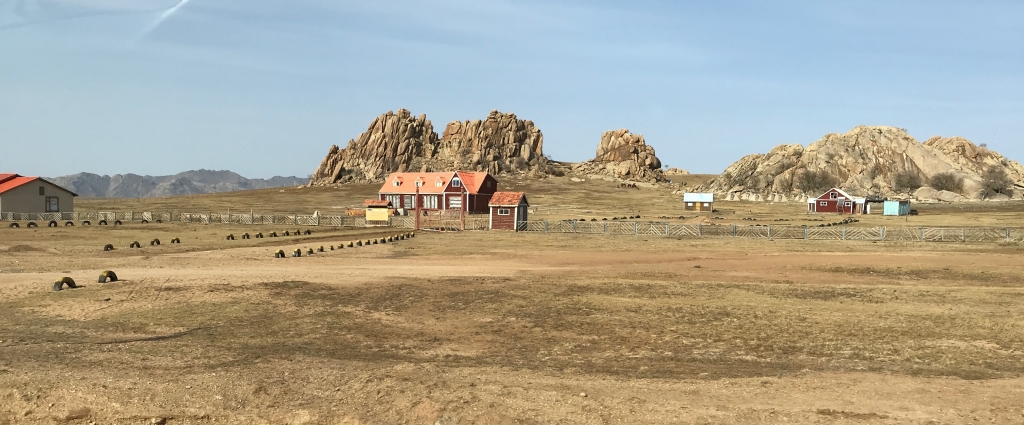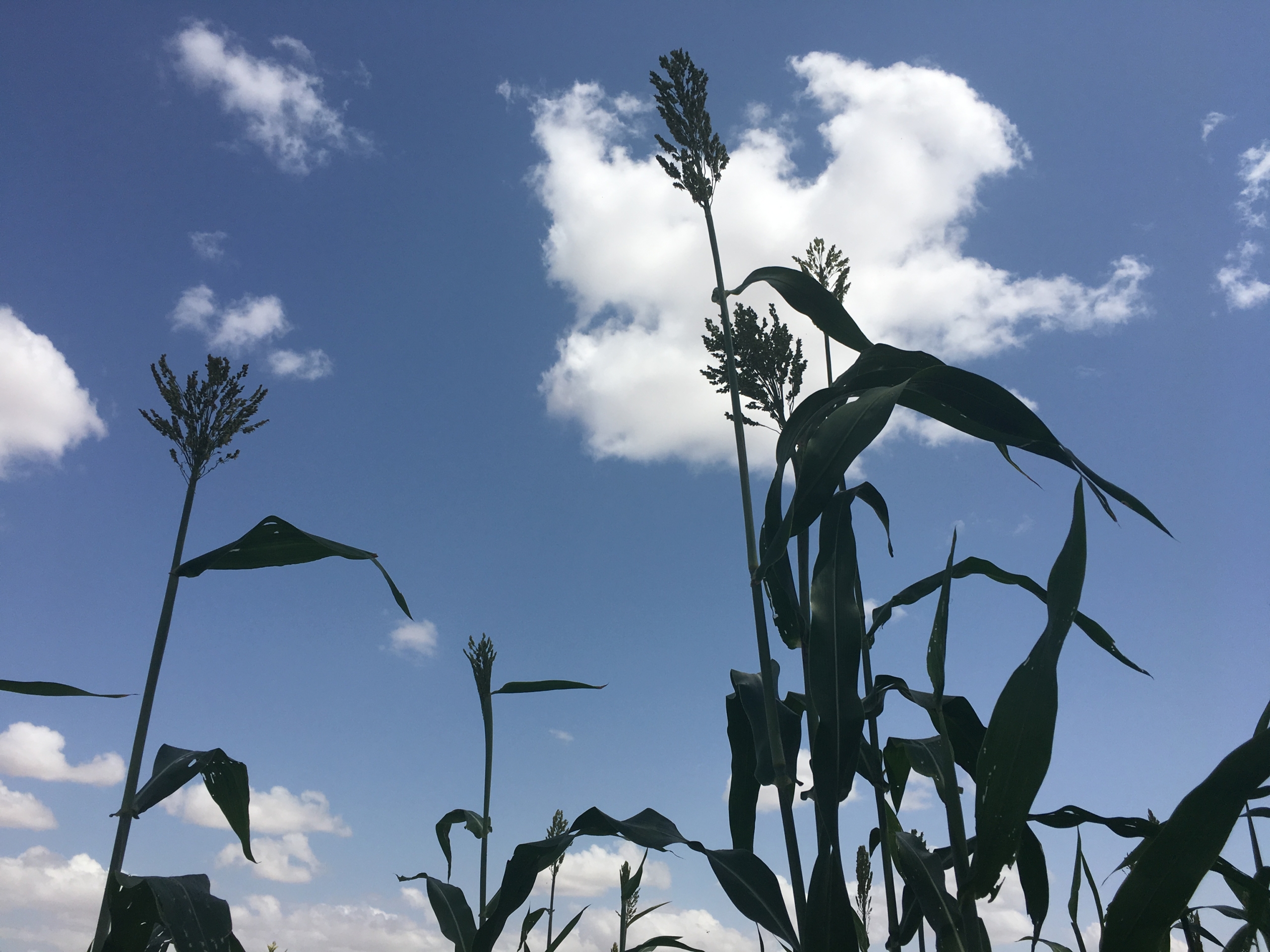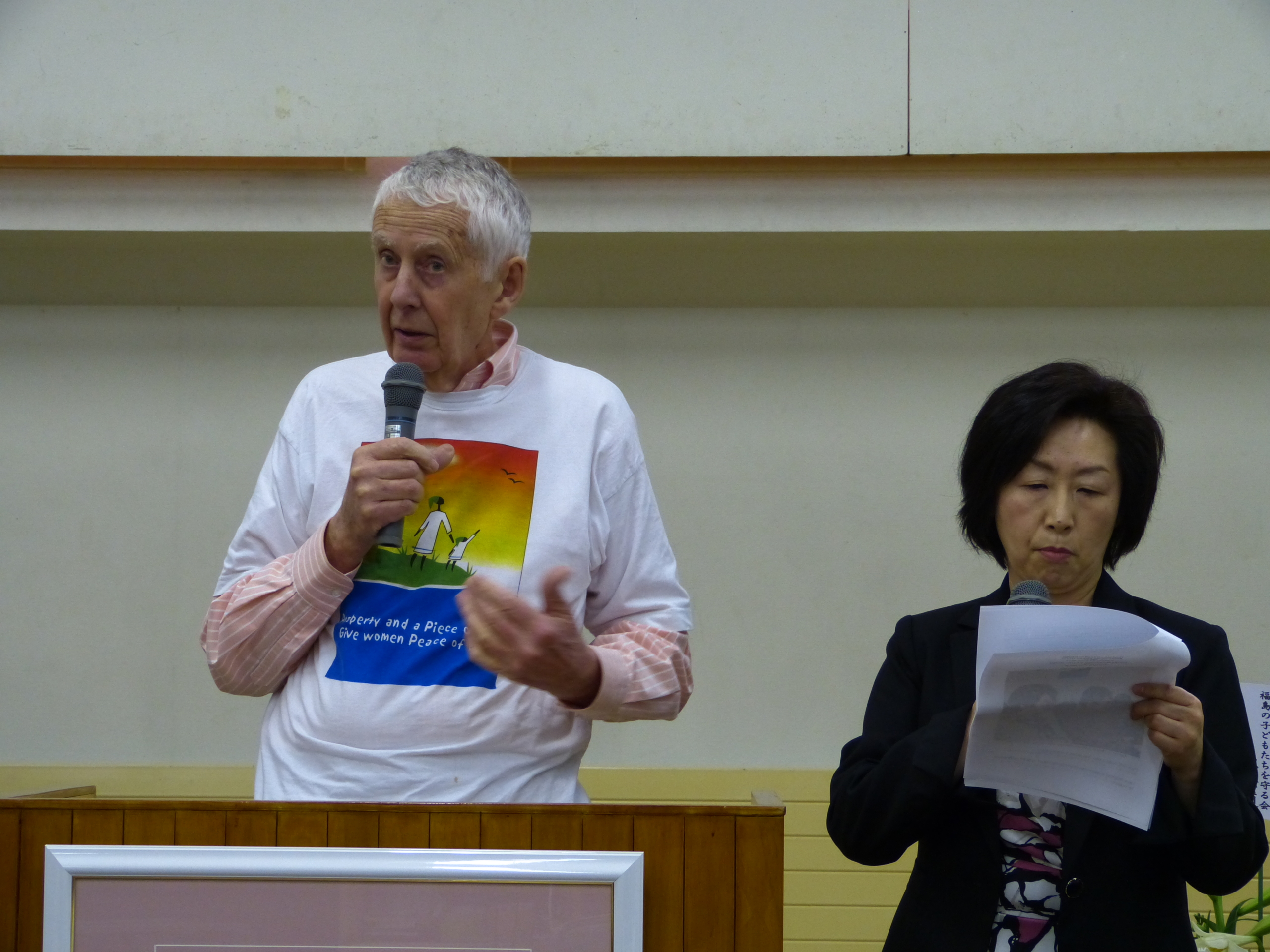Property rights in Mongolia
Making space for women?
Narangerel Yansanjav
8 March 2018
/
- 1 Comments
Narangerel is currently Executive Director and a founding member of the Mongolian NGO, People Centered Conservation (PCC), and a senior team member of the global Women’s Land Tenure Security (WOLTS) project.
“How can “property” own property?” It means how can a woman own property like land or housing if she is considered as a man’s property herself. I learned of this “phrase” from Tanzanian colleagues during a global team workshop in Oxford, UK, last autumn with the WOLTS project. They shared with me about how women in Tanzania are sometimes viewed by men as belonging to them – as their property! Something I thought was quite different to Mongolia.
WOLTS stands for Women’s Land Tenure Security. The project has been carrying out in-depth action research on women’s land rights in Mongolia and Tanzania since 2015. I am not a gender specialist, but I have worked with local pastoralist communities in Mongolia for more than 10 years.
Here I gather my courage to share my own story about something that happened to me last year – something that made me see a link between the situation of women in Mongolia and those in Tanzania. I was encouraged by my best friend, co-worker and fellow WOLTS team member (Lkhamaa) and our project team leader (Liz) to write this up.
So here is my story.
My husband and I had been looking to buy a summer cottage outside of Ulaanbaatar for more than eight years. Finally we found the right one for us in a very good location out of the city and away from its pollution, crowds and noise. To make it all legally secure from the beginning we had to buy the land that was registered under the previous owner’s name. According to Mongolian law, we had to go to the provincial level notary office to formally transfer the land registration documents into “our” names.
My husband made an appointment with the landowner and the three of us went together to the notary office. An elderly lady shook our hands and introduced herself as the provincial notary officer. When my husband explained the purpose of our visit, she immediately nodded her head and gave my husband and the landowner a land registration application form to fill out. My husband had forgotten to bring his eyeglasses – he wears them when he writes, even though he is not that old – so he asked me to fill out the form.
I started writing our information down, filling up the template, until I reached the space where I had to put “our” names as the new landowners. According to the instructions on the form, I had to write the full names, but the space given on the document was too small to fit both our names. So I naturally turned to the notary officer and explained my problem of not being able to fit both our names on it. She looked back at me, as if she had just noticed my presence in the office, and told me to write my husband’s name in the space.
My first and immediate reaction was to respond to her that the land was going to be owned by both my husband and myself. She looked at me like she saw an alien this time and insisted that I should write my husband’s name, only. Then she explained that this is the practice and mumbled that “everybody does it”. This time she looked at me with “what’s wrong with it?” eyes.
The two men – my husband and the landowner – both looked at me as if I had said something wrong as well. I immediately saw in my husband’s face the expression he always takes whenever he is upset or disappointed with someone. In that notary office that day I was looked at by three unpleasant faces that I will not forget for the next 10 years, maybe.
But all of a sudden I remembered the project that I was involved in (WOLTS) and I saw the scared face of a local woman who had told me during one of the interviews I carried out in the field that she cannot even think to put her name next to her husband’s name on the land registration application form because he might suspect her of wanting to leave him soon.
I looked at all three of them and said crystal clearly that I wanted to include my full name on the document for transferring registration of the land. The notary officer was obviously annoyed and asked me to be quick so that she could go out for lunch on time!
Somehow I managed to squeeze both our full names into the small space on the form and I handed it back to the notary officer. She was still looking at me with very disapproving eyes and she looked at my husband as well; looking for approval from him (it seemed to me, maybe).
Three months later, I had to talk with my husband for more than three hours about our relationship – for the first time in our nine years of marriage. His attitude toward me had changed a lot since that day in the notary office. He became more silent and sometimes even cold to me. He did not do any of the maintenance work he had been planning to do on the summer cottage we had bought. But – to make it short and not too personal – I finally got him to understand that I had no intention of leaving him.
Now every week we go to the cottage with our son to get fresh air and take time out together in the peaceful nature.
I can also tell you that my husband studied in Germany for more than four years and he is an educated man, who knows and (it seemed!) recognises gender equality.
I shared my story with my best friend, as I mentioned at the beginning, and together we thought about what we could do that might bring positive change as part of our broader work towards bringing greater gender balance into Mongolian society. We decided to propose to change the template of the land registration application form, making more space for names. Mongolian laws such as the Land Law and the Civil Code say nothing to prohibit this, it’s just that the current template was not designed to facilitate or encourage joint registration. So now we are going to deliver this message in every single meeting we attend with all the various stakeholders who work on gender, land and property in Mongolia.
It’s easy, really. Just by making small changes such as adding more space on land documents for the names of both husbands and wives, we can help to promote gender equality in practical ways and eventually make the phrase “How can “property” own property?” out of date all over the world.

You must be logged in to post a comment.




Thrilled to see this story now published! Thank you to Nara for sharing your story. I hope readers will be encouraged by it.